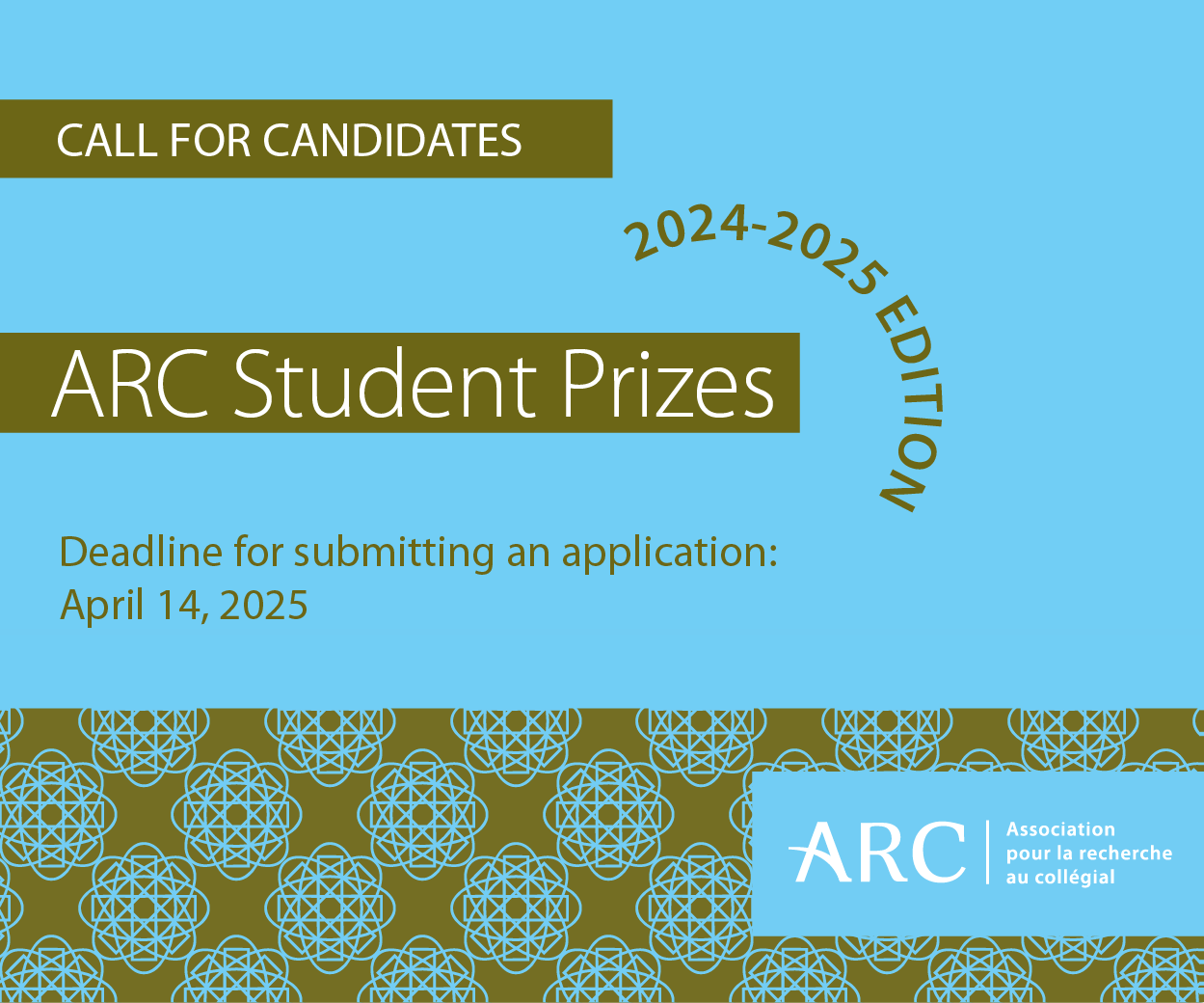The University of Lethbridge has partnered with Lethbridge County, the St. Mary River Irrigation District (SMRID) and the Lethbridge Northern Irrigation District (LNID) to conduct research into local agricultural priorities.
The funding, $50,000 per year, will support five ULethbridge researchers over four years.
"This research partnership, thanks in large part to the efforts of Professor Emeritus Dr. Jim Byrne, will provide information and results that are extremely relevant to our area," says Dr. Dena McMartin, vice-president of research. "By helping to identify opportunities to improve efficiency in agricultural operations, evaluating and advising on the viability of new crops and improving soil health, these projects will contribute to a more robust and sustainable agriculture sector."
Lethbridge County contains more than 297,000 irrigated acres, allowing local farmers to produce a multitude of crops. The County is also home to rich pasture and grazing lands which serve livestock industries such as feedlots, dairies, and meatpacking and poultry processing facilities.
"As the most productive ag community in Alberta, we recognize that collaboration and sustainability are critical to success," says Cole Beck, Lethbridge County CAO. "We're proud to partner with the University of Lethbridge, LNID and SMRID to support research projects that will move the ag industry forward by seeking innovative solutions to challenges. We also appreciate the willingness of local producers to participate in research that will impact the future of agriculture in southern Alberta."
"The St. Mary River Irrigation District is happy to collaborate with the Lethbridge Northern Irrigation District and Lethbridge County to support innovative research from the University of Lethbridge that will benefit farmers and livestock producers in southern Alberta," says David Westwood, SMRID general manager.
"LNID shares an interest in supporting local researchers who can answer local questions applicable to stewardship of water within irrigated southern Alberta," says Chris Gallagher, LNID general manager. "LNID recognized the value of partnering with Lethbridge County and SMRID to support University of Lethbridge research projects that target our mutual interests and that of our constituents/irrigators. Having input into the selection of project areas of study, and some of the research questions to be answered, gives us a vested interest in the outcomes. The LNID Board is pleased to demonstrate a financial commitment to finding solutions to our mutual challenges as we continue to strive toward sustainable growth of irrigated agriculture in Lethbridge County."
Dr. Neha Vaid, an assistant professor in the biology department, will study the potential for millets as a sustainable crop for marginal lands and as an aid in carbon sequestration and prevention of soil erosion in southern Alberta. She will test 11 millet varieties to analyze their potential as livestock feed, their impact on soil health, and seed and biomass yield.
Dr. Michele Konschuh, an associate professor in biology, will evaluate soil health in newly irrigated land parcels and compare it to land irrigated for longer periods. By comparing newly irrigated land, previously irrigated land and never irrigated land, Konschuh hopes to learn about the changes that occur when irrigation is introduced and what parameters need to be maintained to preserve soil health.
Dr. Dan Johnson, a professor in the geography and environment department, hopes to improve the forecasting of drought-related insect pests like grasshoppers. Johnson will conduct a spring survey of the grasshopper population to update the breeding survey usually conducted in late July and early August of the previous year. Johnson aims to develop better methods of forecasting grasshopper population growth, especially during droughts.
Dr. Hardeep Ryait, a professor at the Canadian Centre for Behavioural Neuroscience, will work on a project to improve sustainability and reduce the environmental impacts of livestock operations. Ryait wants to create a proof-of-concept livestock feedlot operation that incorporates solar panels for animal welfare, both for shade and electrical production. Cattle health would be monitored through an AI-powered video imaging system and radio-frequency identification (RFID) would be used to monitor feeding and watering behaviour to improve growth.
Dr. Paul Hazendonk, a professor in the chemistry & biochemistry department, will explore the production of biofuels from algae using hydrothermal liquefaction (HTL).













